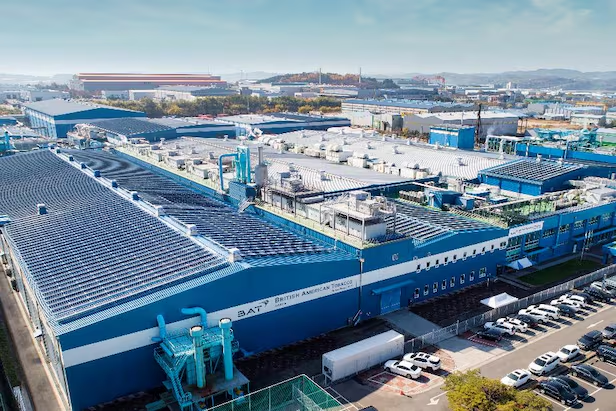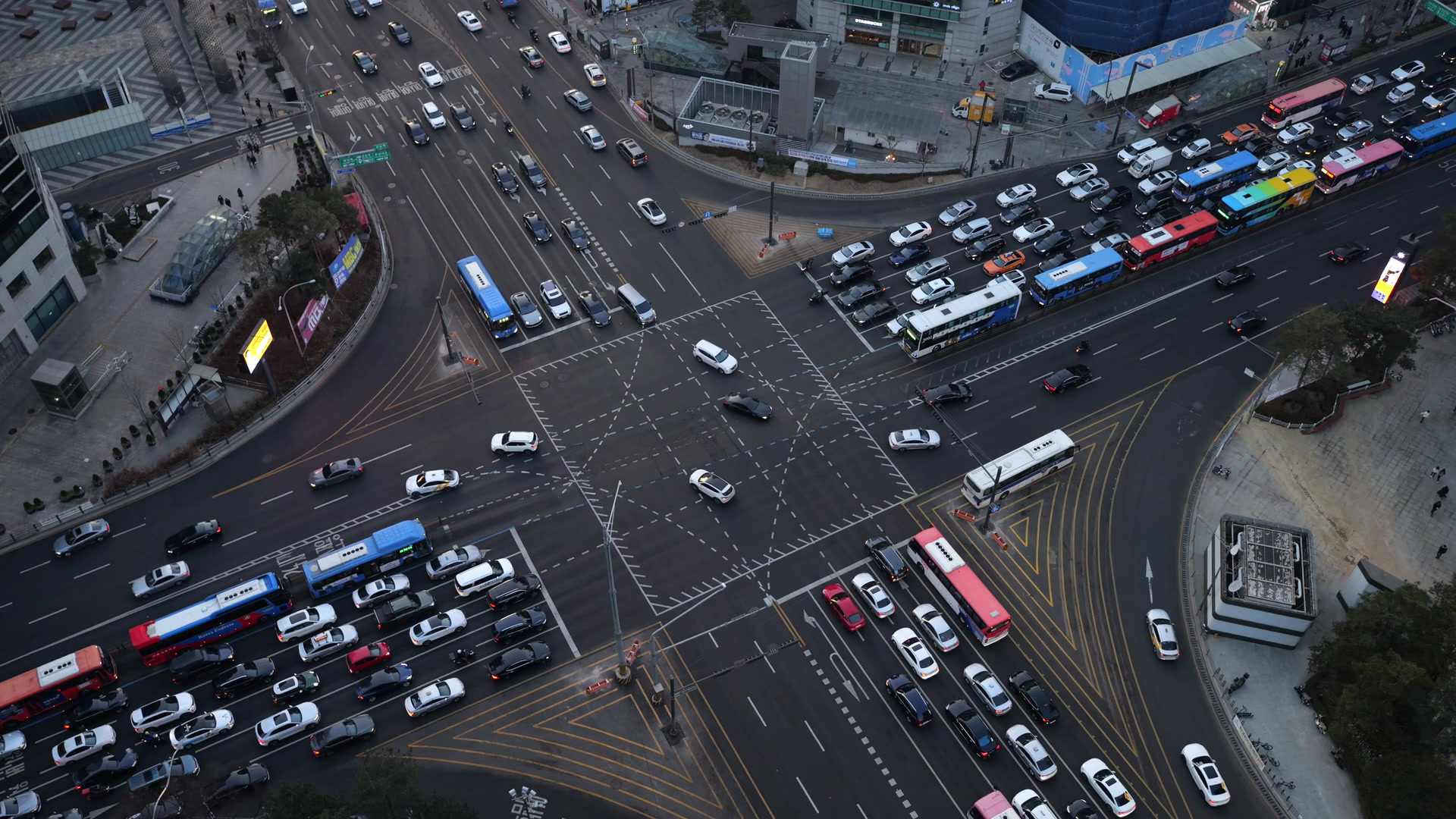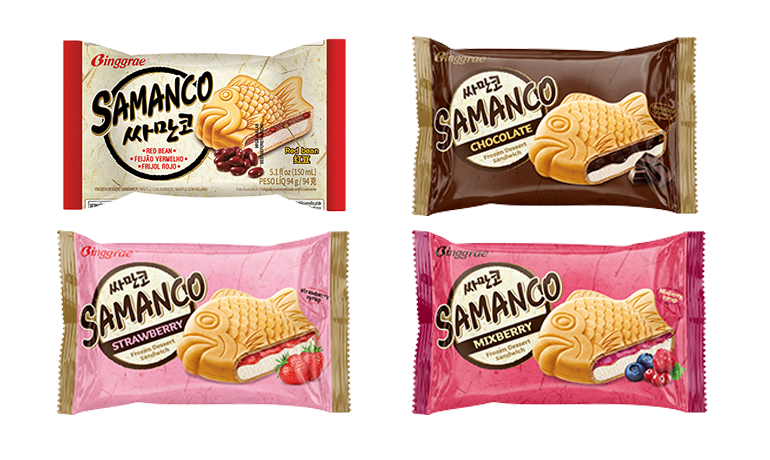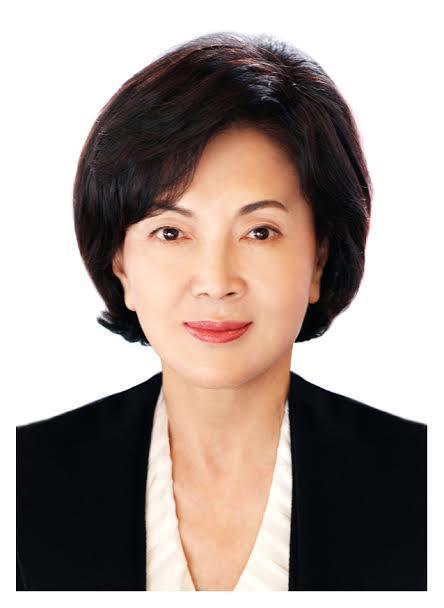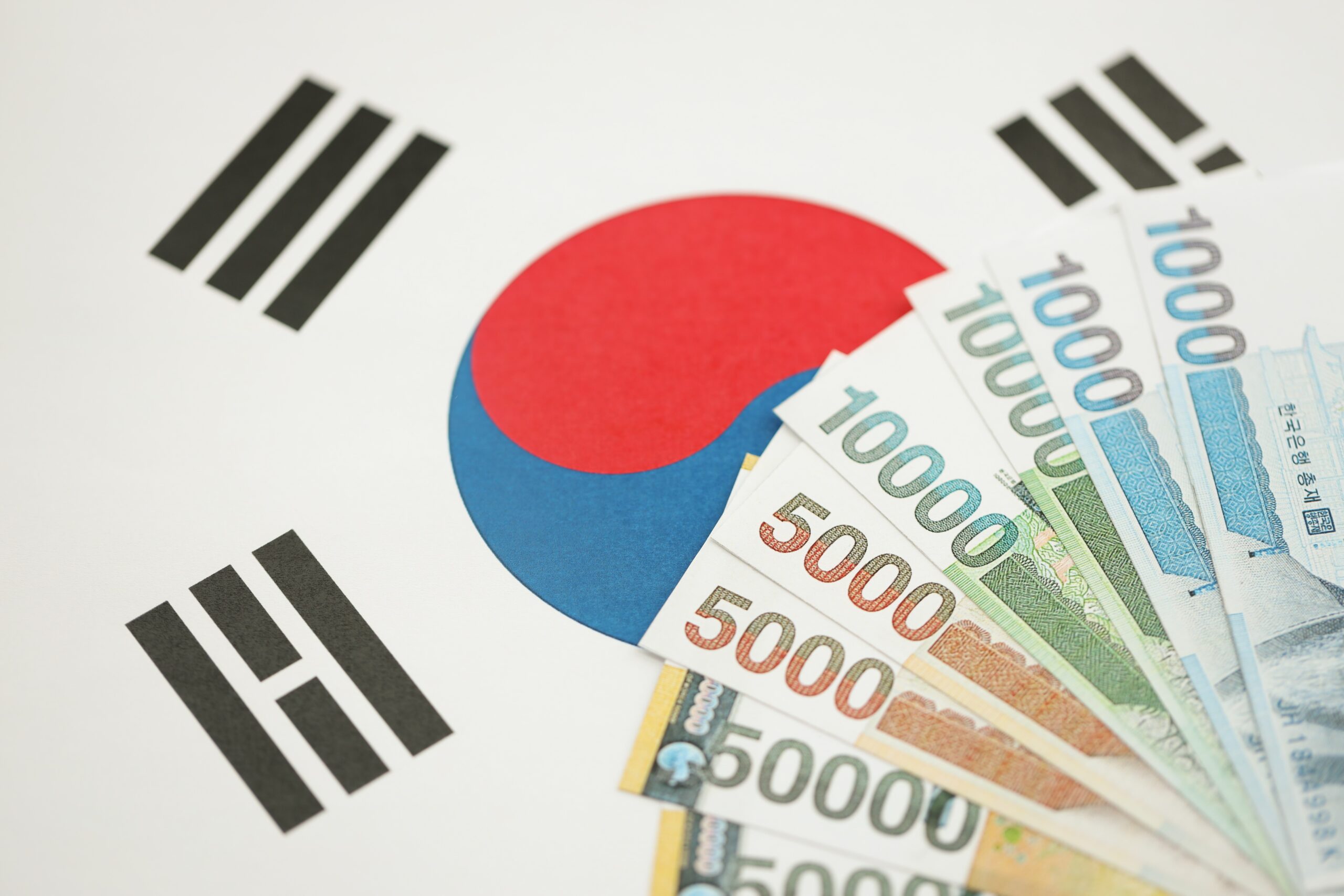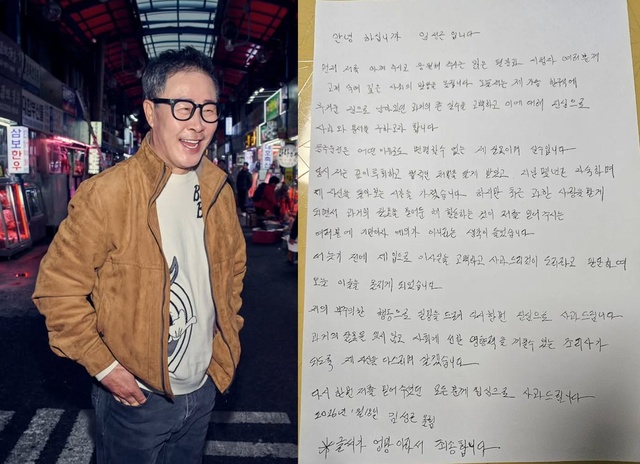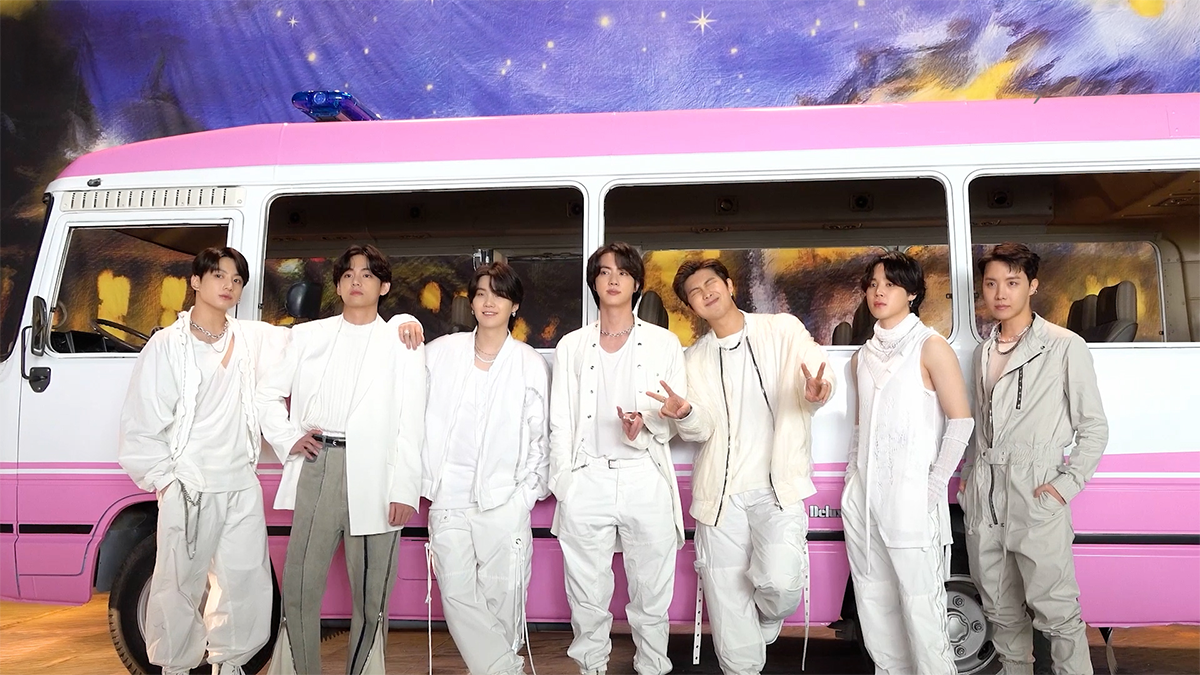
Jeju Island, South Korea’s largest resort island known for its volcanic landscapes and sandy beaches, is gearing up to host a large-scale Pokémon-themed event this fall to boost local tourism and attract visitors from home and abroad.
On July 17, the Korea Tourism Organization (KTO) announced that it had signed a strategic partnership agreement with Pokémon Korea, the Jeju Tourism Organization, and the Jungmun Tourist Complex Council to launch the “2025 Pokémon Jeju Project: Pokémon Wonder Island.”
The event will run from October 2 to 26, centered around the Jungmun Tourist Complex and Yeomiji Botanical Garden in Seogwipo.
The main attractions will include a Pokémon-themed photo zone and information booth at Jeju International Airport, a Pokémon GO stamp rally around the Jungmun area, a pop-up store and mission tour at Yeomiji Botanical Garden, and Korea’s first-ever Pokémon Run event.
Organizers plan to announce more details through Pokémon Korea’s official channels and Jeju’s tourism portal, VisitJeju.
Park Jung-woong, head of the KTO’s Jeju office, said the event is expected to help revive Jeju’s tourism industry, which has struggled with a drop in domestic visitors, and promote the Jungmun area to international audiences.
A Jeju Tourism Organization official added that leveraging Pokémon’s global popularity would offer a fresh way to experience Jeju while boosting the island’s economy.
The upcoming event follows the success of the “Flying Pikachu Project in Jeju” held in 2023 at Tamna Culture Square in Jeju City, which drew about 3,000 participants, including locals and international tourists, and was met with an enthusiastic response.
Jeju Island is South Korea’s largest and most visited island, located off the country’s southern coast.
It attracts about 13.8 million visitors annually, drawn by its natural beauty, local culture, and vibrant cuisine.
At its center stands Hallasan, a dormant volcano rising 6,388 feet, surrounded by dramatic lava tube caves like Manjanggul, coastal cliffs, and scenic beaches such as Jungmun, Hyeopjae, and Gwangchigi.
In 2007, its natural wonders – including Hallasan Nature Reserve, the lava tubes, and Seongsan Ilchulbong – were designated a UNESCO World Heritage Site.


